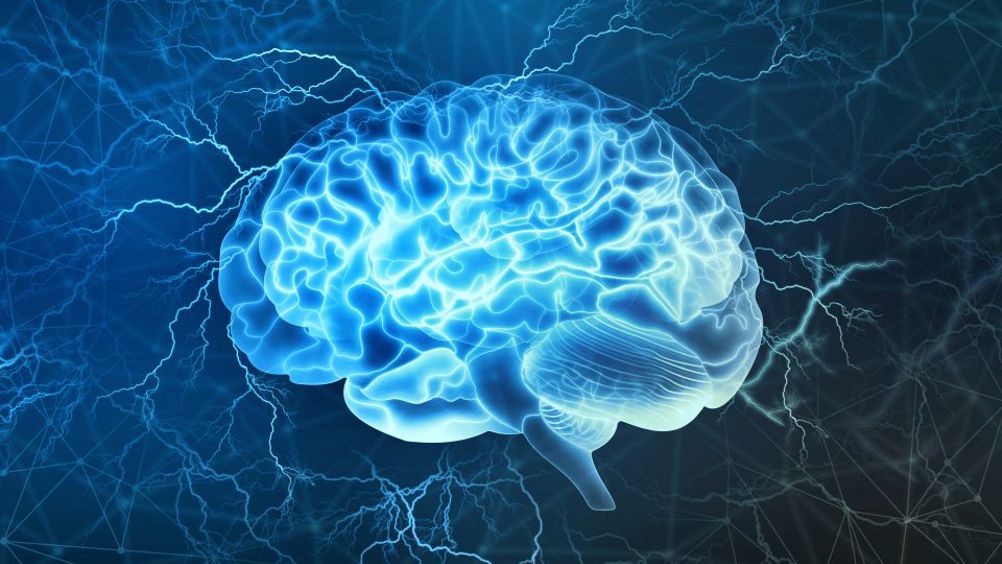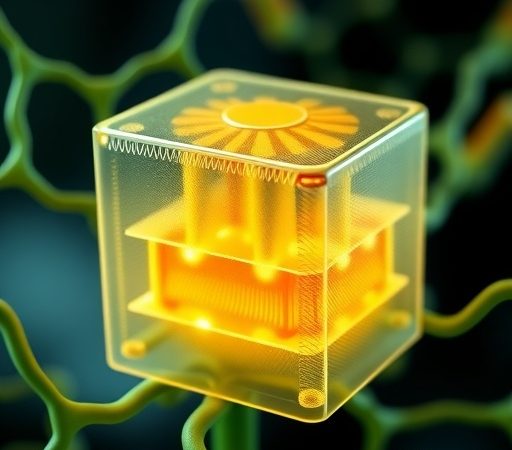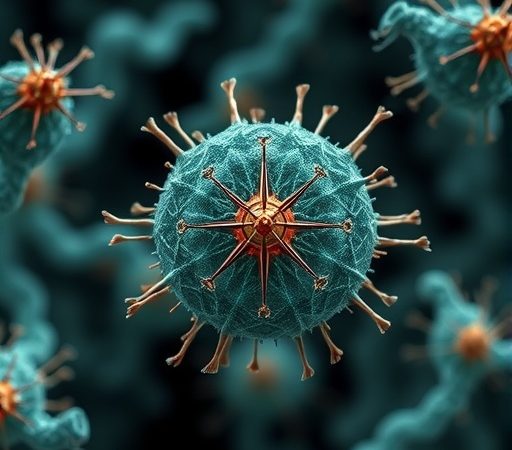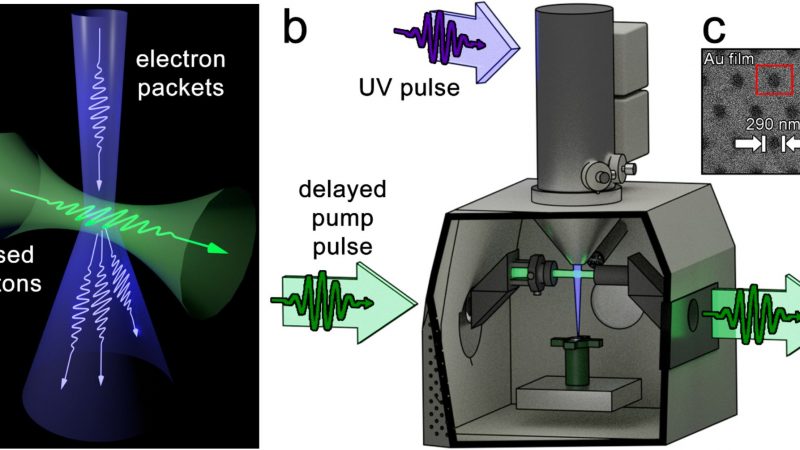Neurobots could help treat epilepsy

Project NEUROBOT is one of 18 sharing £69m over four years in new funding announced yesterday (January 20, 225) from ARIA’s Precision Neurotechnologies programme.
The NEUROBOT team will work to develop advanced, injectable neural robots, or ‘neurobots’, to deliver a treatment called closed-loop neuromodulation as an epilepsy treatment.
Closed-loop neuromodulation works by closely monitoring brain activity and providing electrical stimulation when required to help treat epileptic seizures as they occur, or prevent them from happening at all.
Made from advanced nanomaterials, the neurobots will provide precisely-targeted neural stimulation, as well as deliver drugs to patients through newly-developed bioactive coatings and encapsulants.
MORE FROM MEDICAL & HEALTHCARE
This technology is claimed to address the limitations of traditional deep brain recording and stimulation using electrodes implanted in brain tissue, which can disrupt normal brain function and cause side effects.
The team’s broader vision is to revolutionise neuromodulation therapies by using innovative materials and AI-driven control to create individualised, minimally-invasive adaptive treatments that enhance therapeutic outcomes.
The project will be led by Professor Hadi Heidari at Glasgow’s James Watt School of Engineering with support from the Universities of Exeter, Manchester and Newcastle in the UK and the Istituto Italiano di Tecnologia (IIT) in Italy. NEUROBITE Technologies, a startup spun out from Glasgow University by PhD student Maria Cerezo-Sanchez, is also lending support to the project.
“We’re pleased and proud to have received this funding from ARIA’s Precision Neurotechnologies programme,” Professor Heidari said in a statement. “It will enable us to build on previous breakthrough research collaborations between the partners on the potential for neurobots to treat epilepsy more effectively and less invasively.”
He continued: “Our team comprises experts from a diverse range of fields, including nanotechnology, neurobiology, and biomedical engineering, with backgrounds in developing advanced microelectronics, neuromodulation techniques, and biocompatible materials. Each partner brings unique expertise, ensuring a comprehensive approach to the NEUROBOT project and enhancing our capacity for successful research and development in precision neuromodulation therapies.”
In the UK, one in six people – 16.5 million individuals – has at least one neurological condition, with a cost to the NHS of £4.4bn per year. The conditions also include Alzheimer’s, epilepsy, addiction, and depression. Many of these are neural circuit-level disorders, or problems with the ‘wiring’ of the brain, but current technologies lack the requisite precision and most are highly invasive.
The researchers will explore and unlock new methods to interface with the human brain at the circuit level, in order to understand, identify, and treat neurological and neuropsychiatric disorders with ‘unprecedented precision’.





